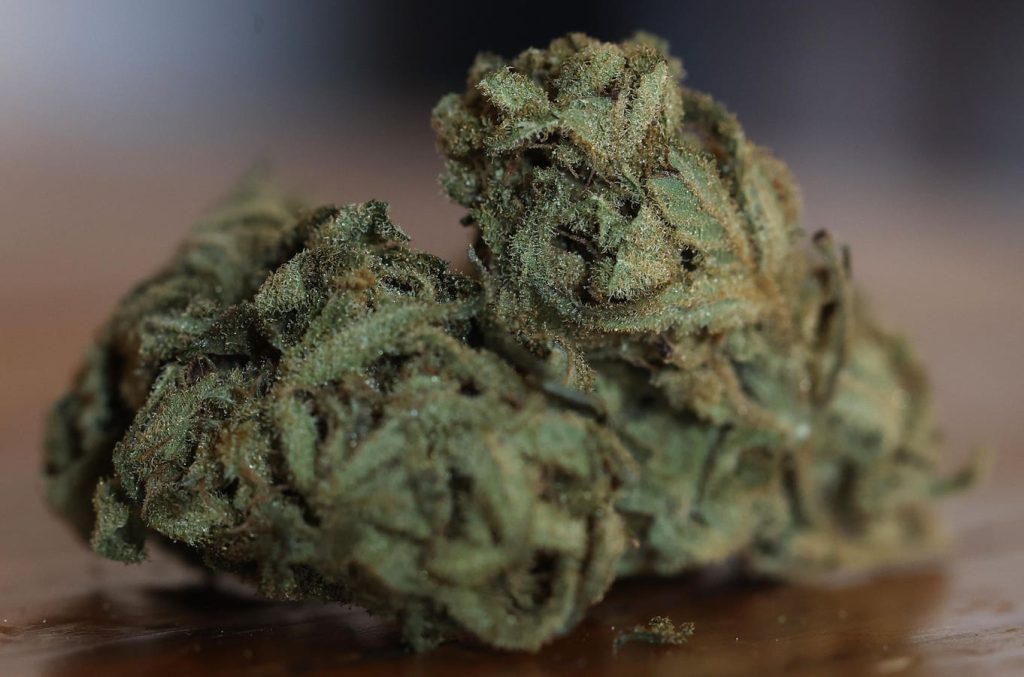Cannabis ETFs experienced a surge in value on Tuesday following reports that the U.S. Drug Enforcement Administration (DEA) is considering reclassifying marijuana as a less dangerous drug under federal law. This potential policy change could have significant implications across the country, leading to a boost in investment in the cannabis industry. As a result, marijuana-focused ETFs saw a substantial increase in value, with indexes like the Amplify Alternative Harvest ETF (MJ) and the Amplify Seymour Cannabis ETF (CNBS) soaring by over 25%.
The Amplify Seymour Cannabis ETF (CNBS) gained 25.4% on Tuesday, with a focus on companies that generate a significant portion of their revenue from the cannabis and hemp ecosystem. Similarly, the AdvisorShares Pure US Cannabis ETF (MSOS), the largest cannabis ETF with $1.09 billion in assets, saw a 24.8% increase in value. Unlike some other ETFs that include global companies, the AdvisorShares Pure US Cannabis ETF is dedicated solely to U.S. cannabis exposure, contributing to its popularity among investors.
Another cannabis ETF that experienced a notable increase in value on Tuesday was the Amplify U.S. Alternative Harvest ETF (MJUS). This actively managed ETF primarily invests in U.S. companies engaged in the cannabis business. The AdvisorShares Pure Cannabis ETF (YOLO) also saw a significant jump, increasing by 20% on the news of the potential DEA reclassification. YOLO is known for its actively managed approach and focus on companies deriving a substantial portion of their revenue from the cannabis industry.
The Cambria Cannabis ETF (TOKE) also saw a positive response to the DEA reclassification news, rising by 12.9% on Tuesday. TOKE holds a global, all-cap portfolio with exposure to the broad cannabis industry and has the lowest expense ratio among cannabis ETFs. Despite the recent surge in value, prior to Tuesday, cannabis stocks had not performed well, with TOKE having a three-year return of negative 30.2%, according to VettaFi. However, the potential change in cannabis classification has sparked renewed interest and optimism in the industry.
While the DEA’s proposal to reclassify cannabis from Schedule I to Schedule III is a significant development, it is not yet finalized and still requires approval from the White House Office of Management and Budget. If approved, this change would mark a historic shift in drug policy in the United States. Schedule I drugs are classified as having no currently accepted medical use and a high potential for abuse, while Schedule III includes drugs with medical applications but are subject to regulations.
President Biden’s directive to federal agencies to review the classification of cannabis in October 2022 has set the stage for the DEA’s potential policy change. While the proposal would not legalize recreational marijuana, it could open up new opportunities for research and investment in the cannabis industry. The public will have the opportunity to comment on the proposal if it moves forward, allowing for further input and consideration before any final decisions are made.


